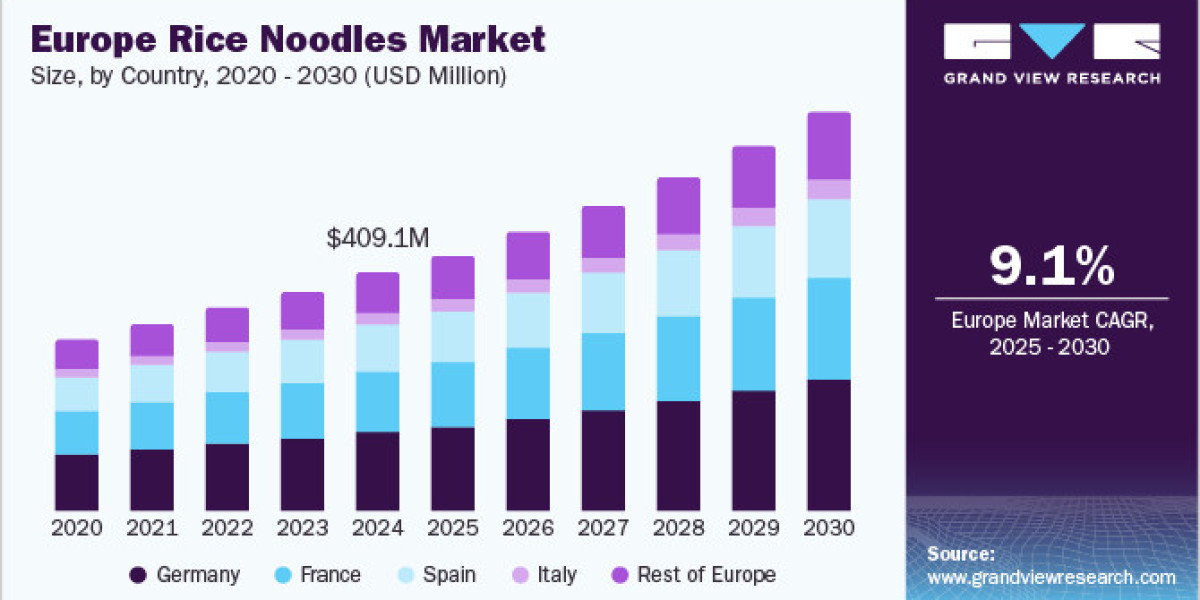The packaging industry has undergone significant changes in recent years, driven by increasing environmental concerns and demand for sustainable solutions. Among the many innovations reshaping this sector, molded paper stands out as one of the most promising. With its ability to replace traditional plastic and foam materials, molded paper is emerging as a powerful force in sustainable packaging. This eco-friendly solution is revolutionizing the way products are packaged, distributed, and perceived in the marketplace.
Molded paper, made from recycled paper pulp, has a minimal environmental impact compared to its plastic counterparts. The growing concern about plastic pollution has spurred industries to seek alternative packaging materials that are both functional and environmentally responsible. As a result, molded paper is gaining traction due to its biodegradability, recyclability, and ability to reduce the carbon footprint of packaging. This trend is expected to shape the future of packaging as businesses across various industries embrace this sustainable material.
The Manufacturing Process of Molded Paper
The production of molded paper involves a process that combines recycled paper pulp with water, creating a slurry. The slurry is then poured into molds that give the material its desired shape, whether for protective packaging or product holding. After the pulp is molded, it is dried to remove excess moisture, resulting in a sturdy, lightweight, and durable product. This process ensures that the molded paper packaging is both cost-effective and resource-efficient, offering manufacturers a sustainable alternative to conventional packaging options.
One of the key advantages of the molded paper manufacturing process is its versatility. The material can be molded into a variety of shapes and sizes, providing manufacturers with the flexibility to create custom packaging solutions for a wide range of products. Whether for electronics, cosmetics, food, or fragile items, molded paper can be tailored to meet the specific needs of each product. This flexibility, combined with the material's environmental benefits, makes molded paper an attractive choice for industries seeking to innovate and reduce their ecological footprint.
Sustainability and Environmental Benefits of Molded Paper
Sustainability is at the core of the molded paper trend. As consumers and businesses alike become more environmentally conscious, there is a growing demand for packaging that does not harm the planet. Molded paper is made from recycled paper pulp, which not only reduces the demand for virgin resources but also contributes to the reduction of waste. The biodegradability of molded paper ensures that it will decompose naturally in landfills, unlike plastic packaging that can persist for hundreds of years.
Another significant environmental benefit of molded paper is its recyclability. Unlike other materials, molded paper can be recycled multiple times without losing its integrity. This makes it an ideal choice for closed-loop recycling systems, where used packaging materials are returned to the manufacturing process to create new products. As more companies prioritize sustainability, molded paper is becoming a preferred option for packaging that aligns with eco-friendly practices. The material's ability to reduce waste and promote circular economy principles positions it as a critical player in the future of sustainable packaging.
Molded Paper in E-Commerce and Consumer Goods Packaging
The rise of e-commerce has created new challenges and opportunities for the packaging industry. With the rapid growth of online shopping, there is an increasing need for packaging solutions that can protect products during shipping while also being eco-friendly. Molded paper has emerged as an ideal packaging material for e-commerce, as it provides excellent cushioning and protection for fragile items. Its lightweight nature helps reduce shipping costs, while its sustainable properties appeal to environmentally-conscious consumers.
Molded paper's use in consumer goods packaging is also on the rise. From electronics to food items, molded paper provides a cost-effective, sustainable, and reliable packaging solution. The material's ability to be molded into custom shapes allows for a perfect fit around products, reducing the need for excess packaging. This not only minimizes waste but also enhances the overall customer experience by providing packaging that is both protective and aesthetically pleasing. As consumer demand for sustainable packaging continues to grow, molded paper is well-positioned to become a dominant material in the packaging of everyday goods.
The Future of Molded Paper in the Packaging Industry
The future of molded paper in the packaging industry looks incredibly promising. With the global push towards sustainability and the reduction of plastic waste, molded paper is expected to become a mainstream solution for packaging across various sectors. As technology continues to evolve, advancements in molded paper manufacturing will further improve its strength, durability, and versatility, opening up new possibilities for its application in even more industries.
In addition to its environmental benefits, molded paper has the potential to create new economic opportunities. As demand for sustainable packaging increases, the molded paper industry could generate new jobs in manufacturing, design, and logistics. Furthermore, as more companies adopt molded paper packaging, it could drive down costs and make the material even more accessible to businesses of all sizes. The combination of environmental benefits, cost-effectiveness, and versatility makes molded paper a key player in shaping the future of the packaging industry.
Conclusion
Molded paper is rapidly transforming the packaging industry, offering a sustainable alternative to traditional plastic and foam materials. Its environmentally friendly characteristics, including biodegradability, recyclability, and low carbon footprint, make it a valuable asset in the movement towards more sustainable packaging solutions. As industries across the globe prioritize sustainability, molded paper is set to play an even greater role in the packaging sector, from e-commerce to consumer goods. With its versatility and growing adoption, molded paper is undoubtedly shaping the future of the packaging industry and paving the way for a more eco-conscious world.


